The Top 10 Nutrients For Women's Reproductive Health
Before getting pregnant, it's important to make changes to your lifestyle, like not smoking, less alcohol, eating healthy, and exercising.
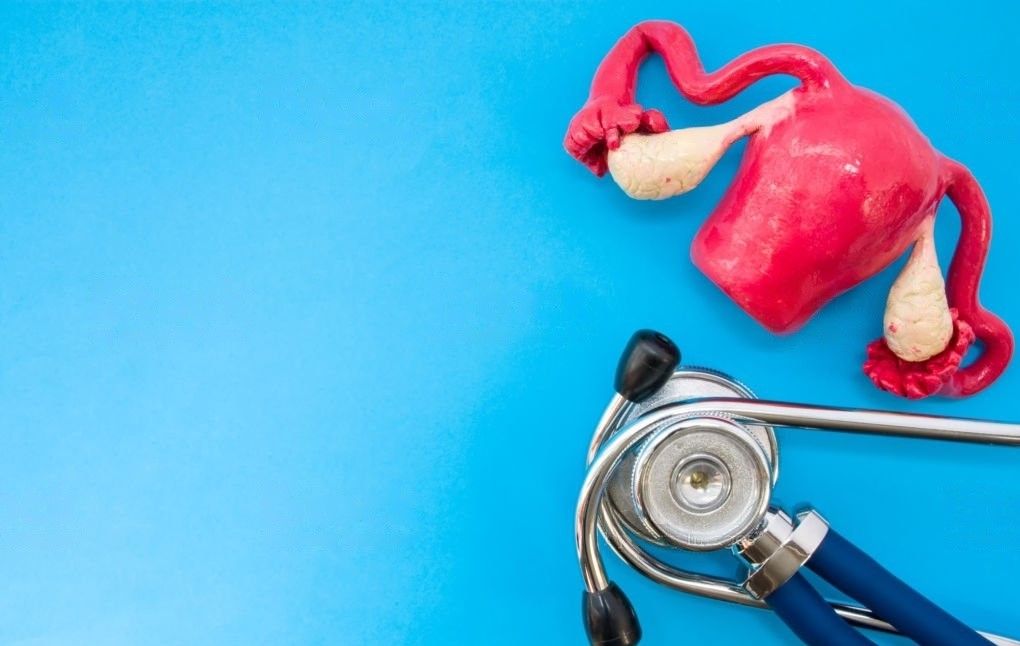
Eating a well-balanced diet is always a good idea, but it's especially important if you're trying to get pregnant. Why? Folate and omega-3 fatty acids are two important nutrients that can help with fertility.
How Does Nutrition Affect Pre-conception?
Nutrients influence fertility by influencing ovulation, an essential reproductive function, balancing hormones required for conception, and influencing everything from the quality of an embryo to implantation success rates in in-vitro fertilization.
Eating and taking supplements mindfully is the best way to protect the unborn fetus. Lifestyle changes such as avoiding alcohol, quitting smoking, maintaining a healthy weight, and getting plenty of exercise are also important before pregnancy.
How Can I Increase My Chances of Conceiving?
Keep a healthy weight - Being overweight or underweight can be harmful to conception in both men and women. Being underweight, overweight, or obese increases ovulation dysfunction and the risk of miscarriage in women. Being overweight can result in excess body tissue and heat around the testicles, which can impair sperm formation and motility.
Prenatal vitamins - These are essential for women to take to improve fertility. Women should consume 800 micrograms of folic acid daily along with a prenatal Docosahexaenoic Acid (an omega-3 fatty acid) vitamin on a daily basis. Men can avoid oxidative stress in sperm, which can harm sperm DNA, by taking a daily multivitamin and the antioxidant Coenzyme Q10.
Quit smoking - The single best thing anyone can do to increase their chances of getting pregnant and having a healthy, successful pregnancy is to stop smoking. Smoking reduces sperm count, motility (energy), and semen volume in men. Smoking 10 to 15 cigarettes a day or more can cause urinary follicle-stimulating hormone (FSH) levels in women to rise, which can reduce ovarian egg production, cause infertility, and hasten menopause.
Stop drinking alcohol - Pregnant women who drink run the risk of passing the alcohol to their unborn children, which can result in a number of birth defects. Alcohol consumption should be avoided as well if you're trying to get pregnant because it not only reduces your chances of getting pregnant by twofold compared to women who abstain or drink less, but it also raises your risk of miscarriage and fetal death.
Can a plant-based diet boost fertility?
YES. Eat more plants and vegetables and less red meat and poultry for protein because these foods contain higher levels of omega-6 fatty acids, which can cause excessive water retention, blood clotting, and an increase in blood pressure. These conditions don't promote a high likelihood of pregnancy. Soy, beans, lentils, and quinoa are examples of plant-based proteins that have been shown to reduce the risk of infertility caused by ovulatory disorders.
Nutrients required prior to conception
Here are some of the most vital nutrients to include in a diet focused on fertility, along with sources for them:
1. Fatty acids with omega-3
Omega-3 fatty acids, such as eicosapentaenoic acid (EPA), docosahexaenoic acid (DHA), and alpha-linolenic acid (ALA), is present in all of your body's cells and are vital for good health.
In addition to supporting a healthy fetal brain and retinal development, omega-3 fatty acids "help in the creation of a normal hormonal environment in the placenta, which regulates the flow of nutrients to the fetus," and may even lower maternal risk for perinatal depression.
Food Sources:
- Broccoli
- Kidney beans
- Spinach
- Cauliflower
- Flax seeds
- Walnuts
- Fish
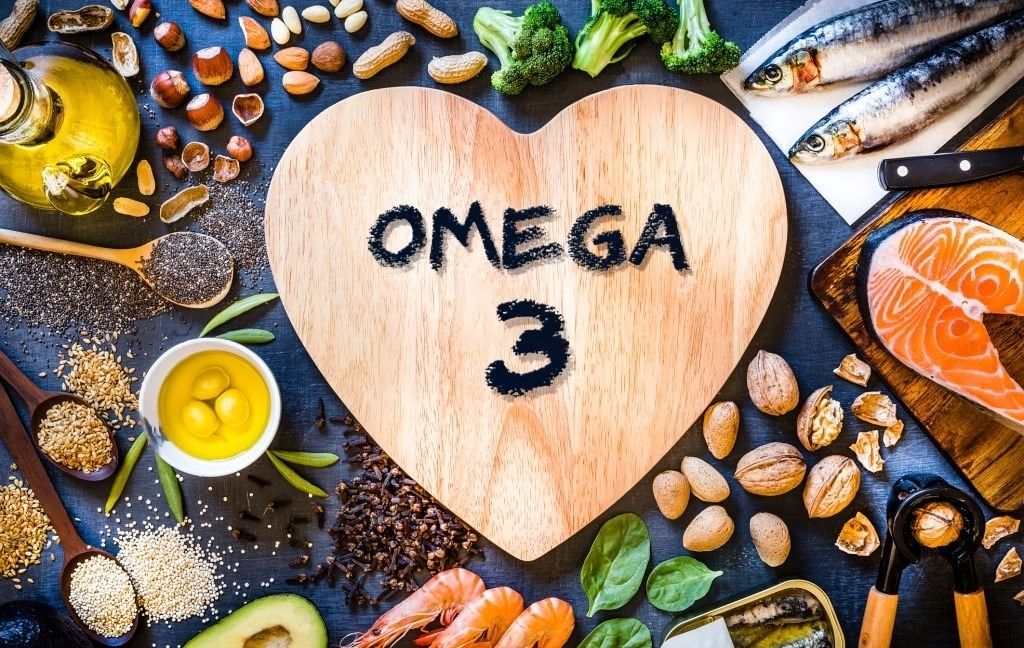
2. Folate or Folic Acid
Folic acid, also known as folate, is a B vitamin that is essential for pregnant women. Regardless of whether she is trying for a baby, every woman of reproductive age needs to take 400 micrograms of folic acid daily.
Cell growth, which is crucial during pregnancy, also depends on it greatly. It is less likely that certain birth defects that affect the spine and brain will occur if you consume at least 400 micrograms each day before and during pregnancy.
Food Sources:
- Dark green leafy vegetables (turnip greens, spinach, romaine lettuce, asparagus, Brussels sprouts, broccoli)
- Beans
- Peanuts
- Sunflower seeds
- Fresh fruits, fruit juices
- Whole grains
- Liver
- Seafood
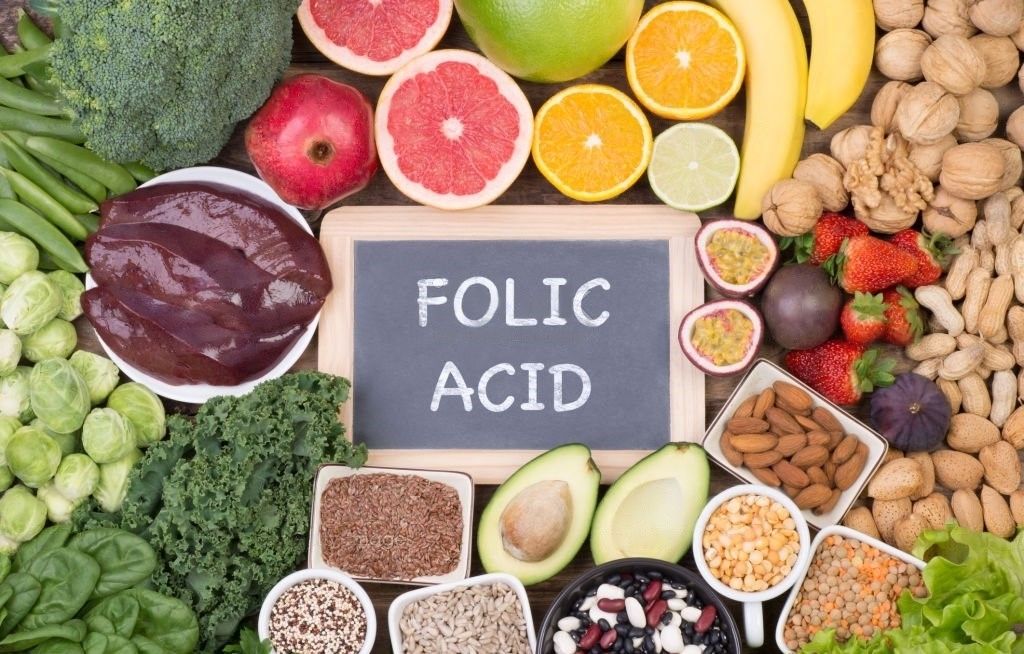
3. Choline
Your brain and nervous system depend on choline, a nutrient. While your body can make a small amount of this nutrient on its own in your liver, eating choline-rich foods and speaking with your doctor about starting a supplement are the only ways to get an adequate amount.
Getting 450 milligrams of choline per day through food and supplements is recommended for pregnant women in order to reduce the risk of neural tube defects and improve newborns' brain development. This nutrient helps fetal brain development, especially the hippocampus, which controls processes like memory and attention.
Food Sources:
- Cruciferous vegetables
- Fish
- Beef
- Poultry
- Eggs
- Beans
- Nuts
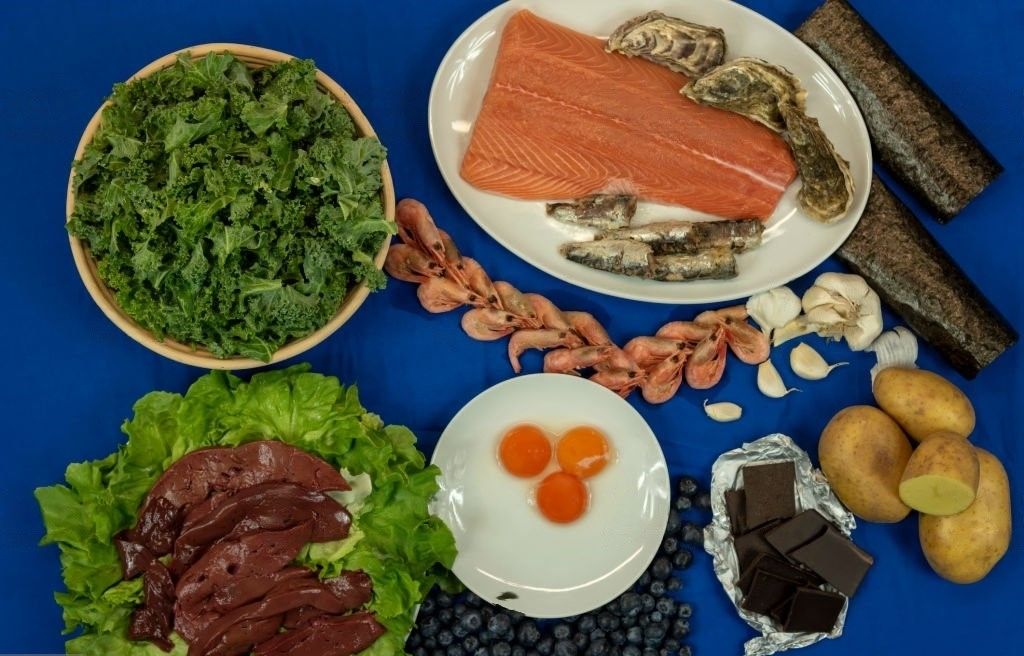
4. Calcium
Your body needs calcium to maintain strong bones and healthy teeth.
To ensure your and your fetus's health, it's crucial to consume enough calcium during pregnancy as a growing fetus may deplete maternal calcium stores. Whether or not they are pregnant, women over 19 should consume 1,000 micrograms of calcium per day.
Food Sources:
- Dairy products. Products like milk, yogurt, and cheese are rich in calcium and also tend to be the best-absorbed sources of it
- Soybeans
- Dark Green, Leafy Vegetables
- Calcium-Fortified Foods
- Canned Salmon
- Figs
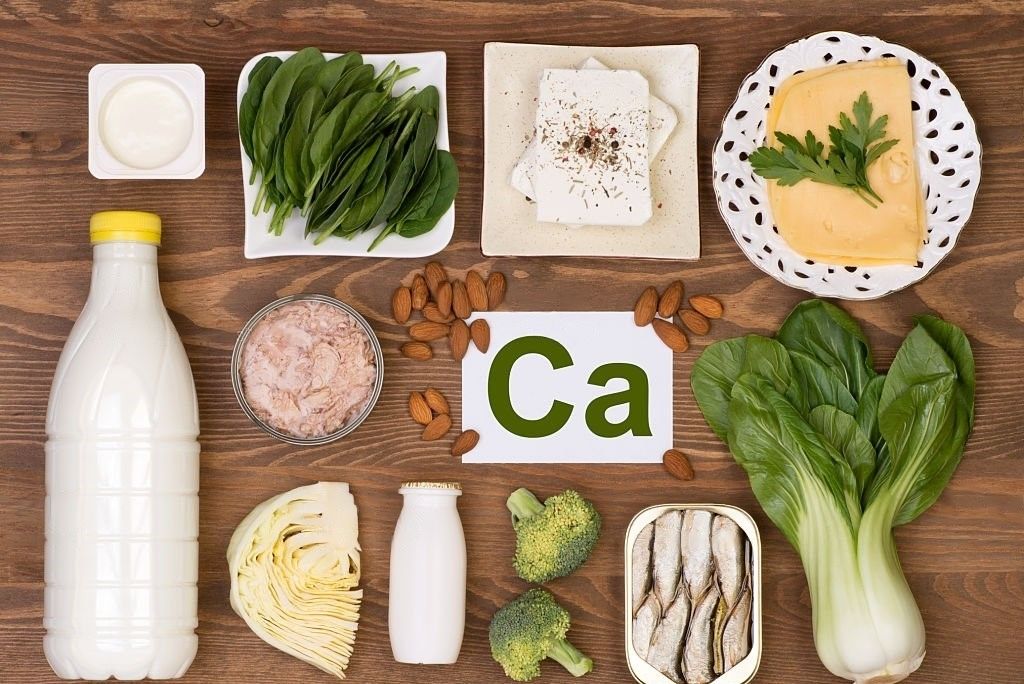
5. Iron
Iron is a mineral that is crucial to your health because it aids in the production of red blood cells and the distribution of oxygen throughout the body. To support the increase in blood volume and fetal development, your daily iron requirements during pregnancy increase from 18 milligrams to 27 milligrams.
Iron is a crucial component of hemoglobin, the molecule in red blood cells in charge of carrying oxygen to your organs, so it is important to get enough of it to increase your chances of getting pregnant. Anovulation, or failing to ovulate, is more common in women with insufficient iron reserves.
Food Sources:
- Red meat, pork, and poultry.
- Seafood
- Beans
- Dark green leafy vegetables, such as spinach
- Dried fruit, such as raisins and apricots
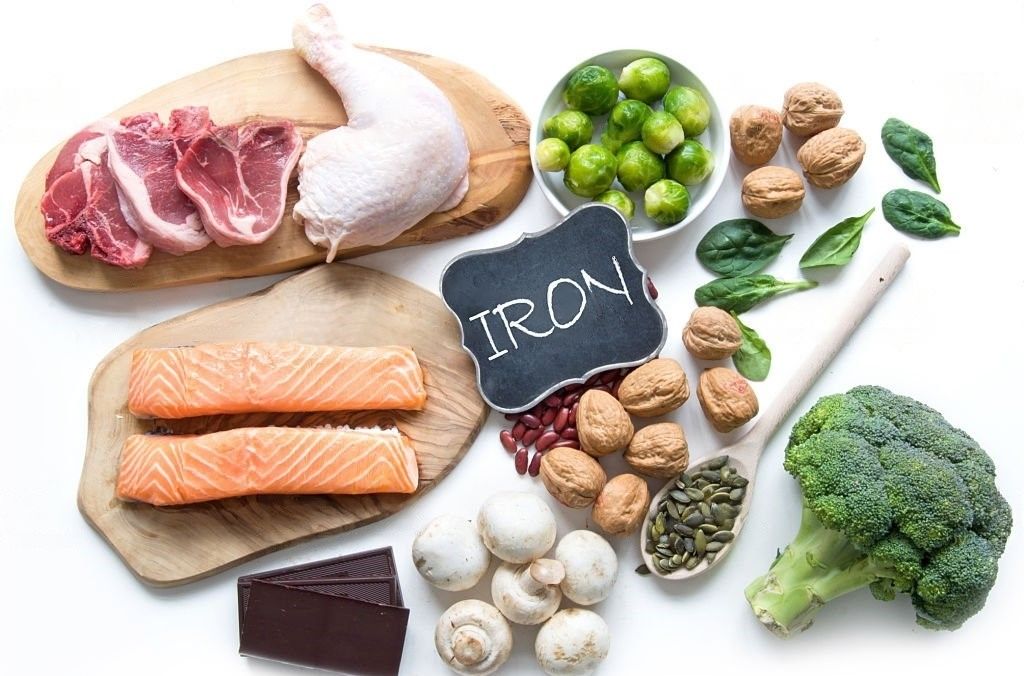
6. Vitamin C
Ascorbic acid, also known as vitamin C, is an effective antioxidant. Thus, it shields cells from oxidative harm. In addition, vitamin C boosts the absorption of iron.
With 750 mg/day of oral vitamin C supplementation, luteal phase defect, which is connected to infertility and pregnancy loss, may improve.
Food Sources:
- Citrus fruits like orange, sweet lime, and guava
- Lemon
- Indian gooseberry (amla)
- Bell Peppers
- Strawberries
- Blackcurrants
- Broccoli
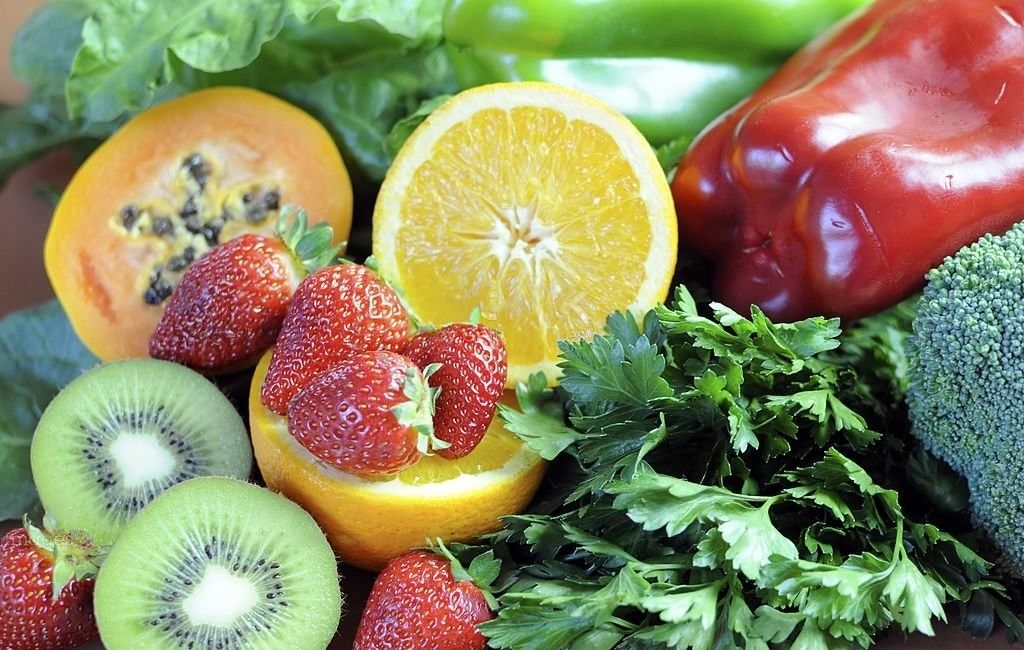
7. Vitamin E
Women's reproductive health in general is supported by vitamin E. Most significantly, a lack of it can cause infertility, miscarriage, and early delivery.
Therefore, pregnant women and women who are of childbearing age should get enough vitamin E. Both pregnant and non-pregnant women should take 7mg per day.
Food Sources:
- Wheat germ oil
- Sunflower, safflower, and soybean oil
- Sunflower seeds
- Almonds
- Peanuts, peanut butter
- Beet greens, collard greens, spinach
- Pumpkin
- Red bell pepper
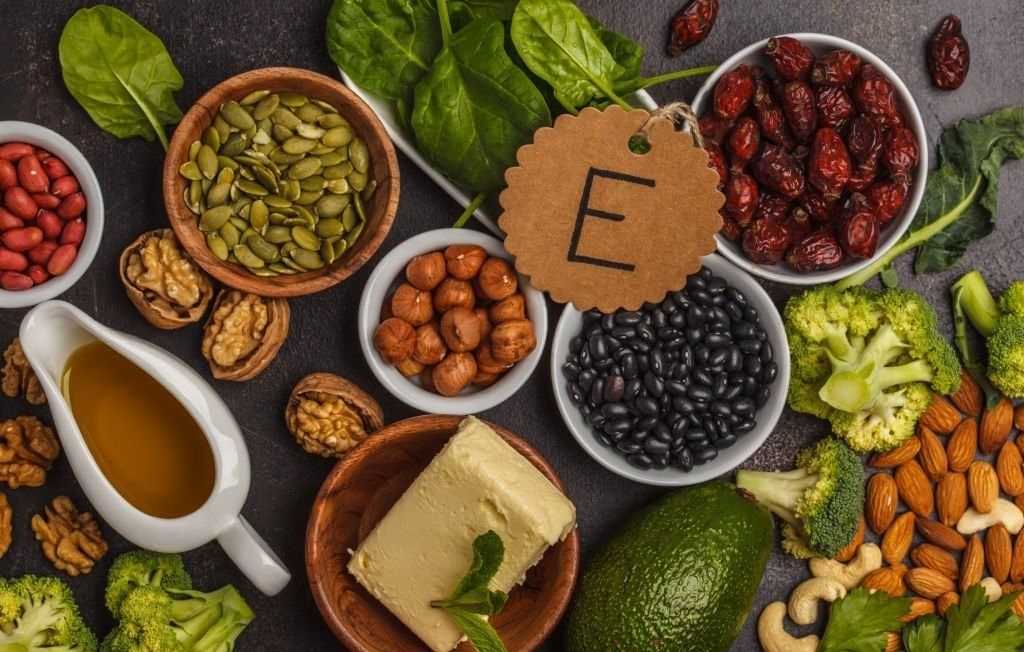
8. Zinc
Normal fertility and successful pregnancies both depend on zinc. A zinc deficiency may interfere with the early stages of egg development, decreasing the likelihood that the egg cells will divide and become fertile.
Food Sources:
- Nuts
- Crab
- Lobster
- Whole grains
- Breakfast cereals
- Dairy products
- Red meat
- Poultry
- Oysters
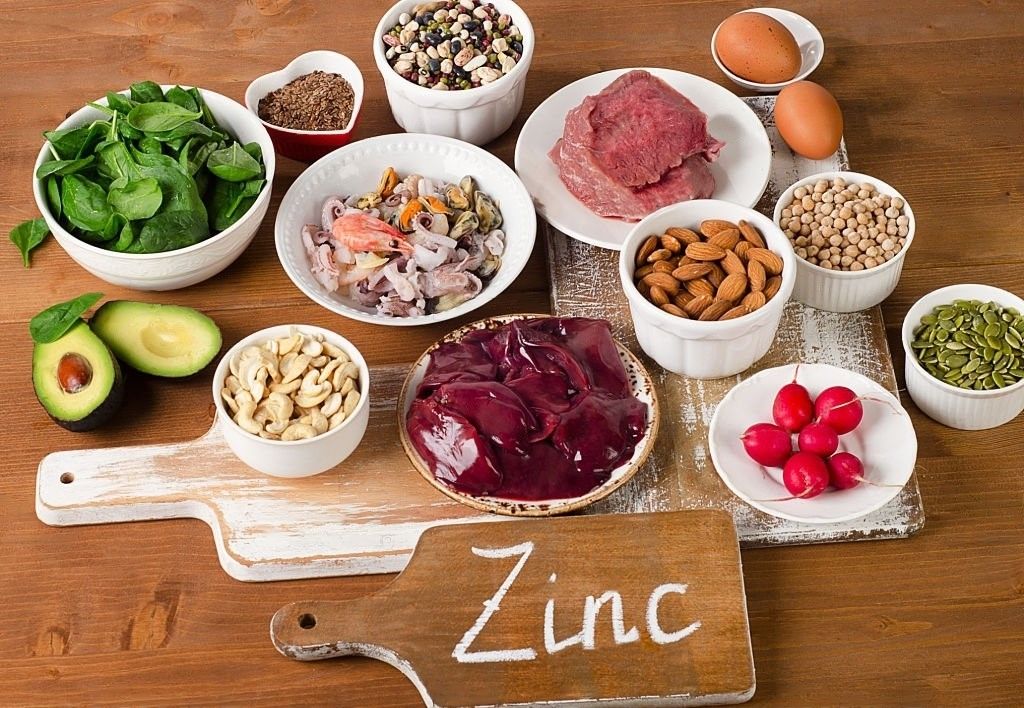
9. Selenium
A trace mineral called selenium has strong antioxidant properties. Additionally, it controls
DNA synthesis and the metabolism of thyroid hormones.
For female reproduction, selenium and proteins containing selenium are necessary. Selenium is abundant in healthy ovarian follicles.
Food Sources:
- Fish
- Pork
- Beef
- Chicken
- Cottage cheese
- Eggs
- Beans
- Oats
- Mushrooms
- Banana
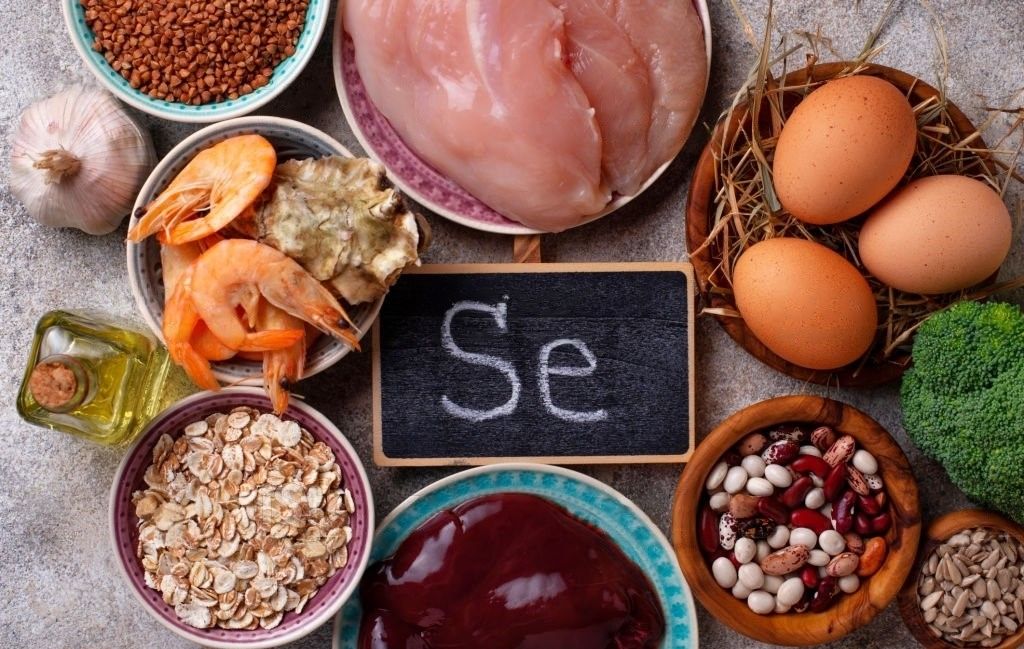
10. Vitamin D
A well-known risk factor for women's decreased fertility is vitamin D deficiency. You may have a higher chance of becoming pregnant or giving birth to a live child if your blood levels of vitamin D are higher.
Food Sources:
- Cod liver oil
- Salmon
- Swordfish
- Tuna fish
- Orange juice fortified with vitamin D
- Dairy fortified with vitamin D
- Sardines
- Beef liver
- Sunlight
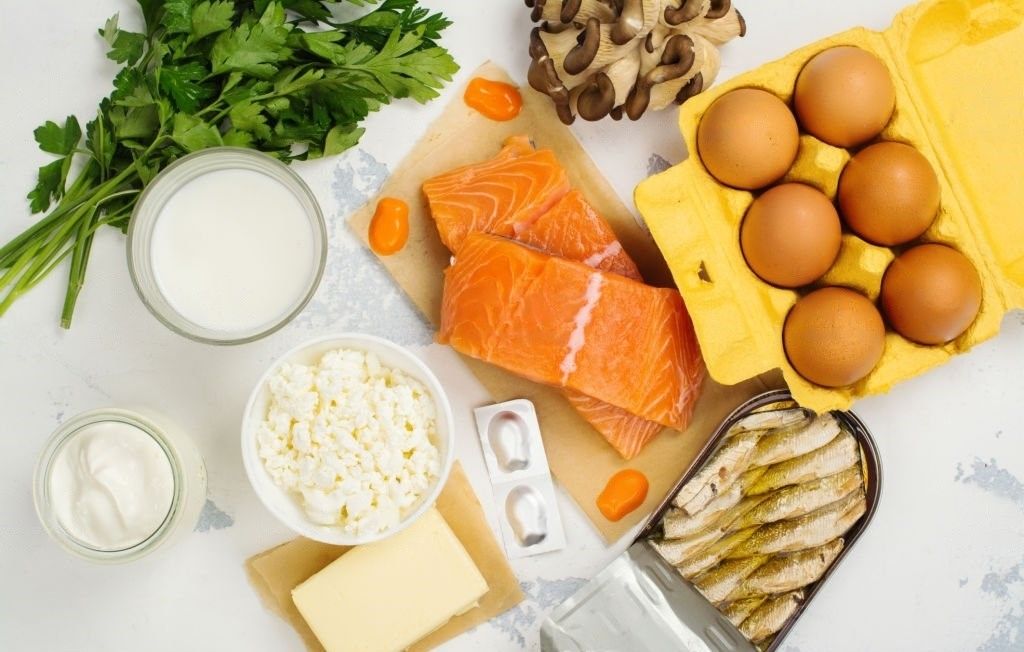
SUMMARY
Women's fertility may be affected by nutritional deficiencies. To improve the chances of conception, it is essential to address these deficiencies.
Therefore, microbiome testing is unquestionably an appealing strategy for addressing female infertility issues.
Jayti Shah is a Clinical Nutritionist with a master's degree in Clinical Nutrition and Dietetics. She is a member of the Indian Dietetic Association (IDA). Over the last 9 years, she has helped 400 clients in their clinical and weight loss journeys. She works with SocialBoat as a nutrition consultant.
At SocialBoat, we offer custom diet plans and guided workouts to help you achieve your goals in a 360-degree approach. Our gamified experience ensures that you don’t find workouts boring and we reward you for being consistent with your efforts.

